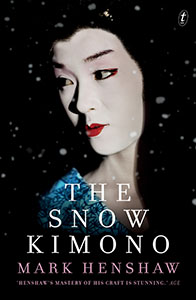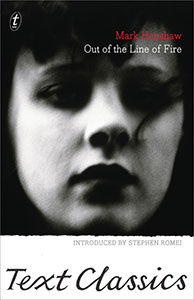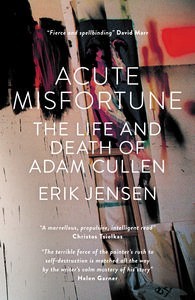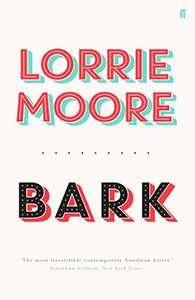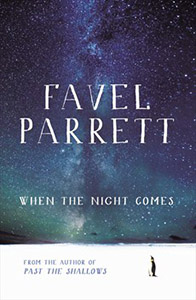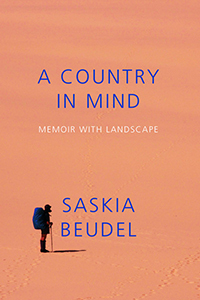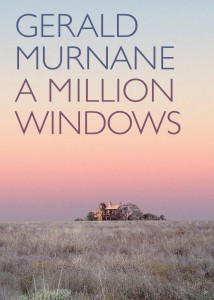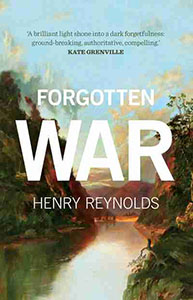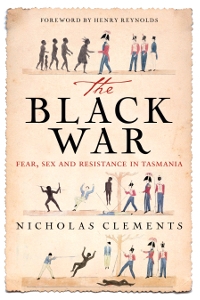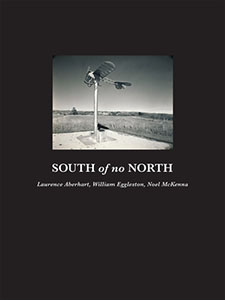Reviews
The Wall, the Gate, the Balcony: The Snow Kimono by Mark Henshaw
The Snow Kimono not only exemplifies just such a maturation, it gives us a unique opportunity to conduct, with Out of the Line of Fire, a kind of textbook before-and-after comparison. From a certain perspective, that is to say, and without in any way suggesting that it is the same tale, the new novel shares enough key features with Henshaw’s first book that one can think of it as a kind of reprise.
To wit: Bark by Lorrie Moore
The stories in Bark are lifted from the commonplace by the way the characters have the power to see the ridiculous in their situations, and the undimmed verbal skill they display through the trials of life. These qualities – the sense of the ridiculous amid crisis and the relentless wit – are Moore’s particular gift to them.
Intimate perspectives
The vanishing of expression, voice and authorship is integral to El-Zein’s writing. There are arguments being made in The Secret Maker of the World for the aesthetic, ethical and political aspects of the encounter between world and text, though without any kind of polemic. We sympathise with the characters’ flaws and vulnerabilities, but we are never asked to excuse them.
Render it barely: Collected Poems: Lesbia Harford
Bringing so much writing by an important but under-appreciated Australian poet into the public arena is a major achievement, for which both editor and publisher should be congratulated. It is, however, regrettable that the new volume diminishes Harford’s work with an editorial framing that feels unpleasantly gendered.
Antarctica starts here: When the Night Comes by Favel Parrett
When the Night Comes is a more modernist project than Past the Shallows. It focuses on the small but significant moments in life that pass almost unnoticed, even by the protagonists, yet have major consequences. Rather than regional Tasmania, the world of fishers, Hobart is the focus: its suburbs, Friends School, and particularly its harbour are deftly drawn.
A living landscape: A Country in Mind by Saskia Beudel
Throughout the book, Beudel uses a technique that approaches – and seems to be trying, humbly, to learn from – Aboriginal ways of seeing country, of the dynamic interrelatedness of people, animals, plants and the land itself, to write her own story.
Remote Viewing: A Million Windows by Gerald Murnane
As the narrator of A Million Windows repeatedly reaffirms, the most important compositional principle in Murnane’s work is a genuine and thoroughgoing respect for the space of fiction as something radically different from everyday reality.
